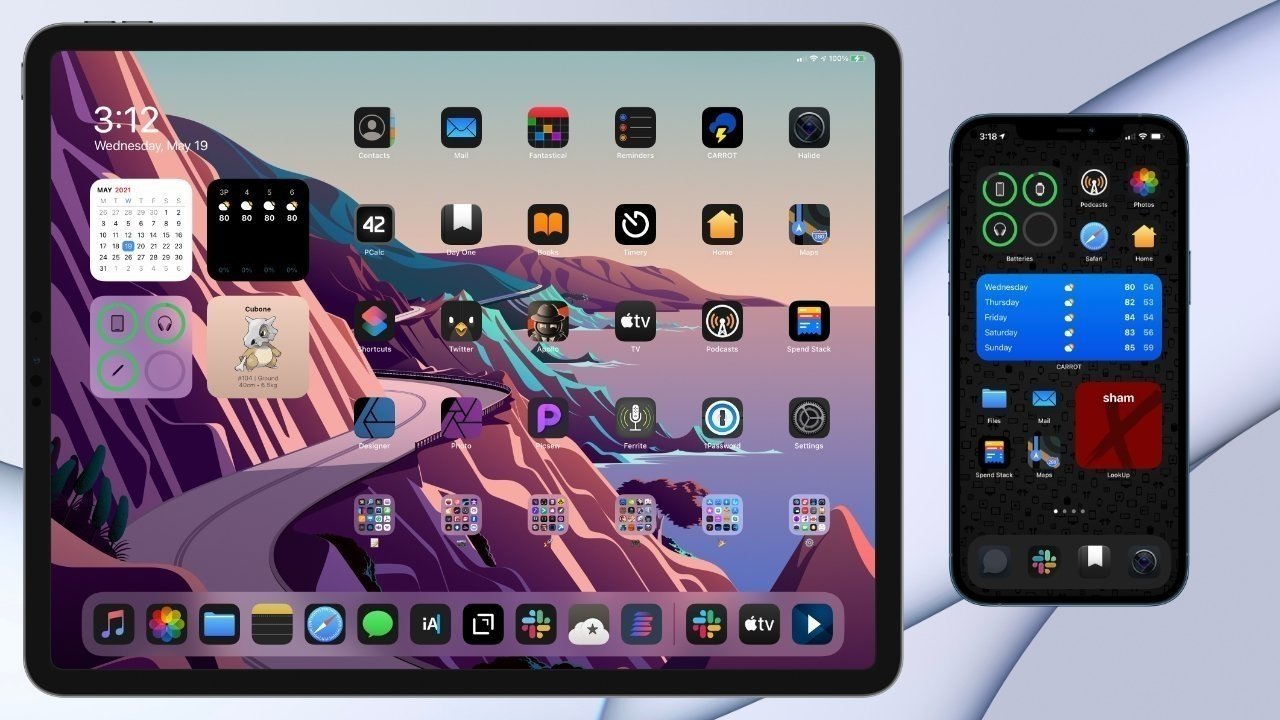Apple stops signing iOS 14.8 code for certain devices [u]
Apple on Monday ceased code signing iOS 14.8 for older iPhone models, effectively blocking downgrades to the operating system as new, more secure versions are prepared.
The stoppage to iOS code signing impacts iPhone X and iPhone XR, though other handset models could follow in the coming days. Users who updated their device to iOS 15 or a subsequent point release of the newly released operating system will not be able to downgrade to iOS 14.
With iOS 15, Apple is no longer forcing users to adopt its next-generation OS to receive the latest security patches, meaning the company will offer regular updates to iOS 14 devices as part of a separate release track. Users who opt to continue with iOS 14 will see two software update choices in Settings, one for the latest iOS 14 version with bug fixes and another for iOS 15.
Apple has not yet released an iOS 14 update beyond iOS 14.8, which arrived just prior to the launch of iOS 15 in mid-September. The release contained security enhancements that included a fix for an exploit thought to have been leveraged in the wild to thwart Apple's BlastDoor feature in Messages.
The decision to halt code signing for iOS 14.8 could be a sign that Apple plans to issue a security update for iOS 14 in the near future.
Apple routinely stops signing legacy code after the release of a new iOS build to protect customers from nefarious actors attempting to take advantage of newly discovered vulnerabilities. Preventing users from downloading older code also allows Apple to keep more iOS devices on the latest, feature-rich software.
Late last week, iOS 15.0.1 was pushed out to address a slew of bugs reported by iPhone 13 and iPhone 13 Pro owners, including an issue that prevented users from unlocking their device with Apple Watch.
Update: Apple has stopped signing iOS 14.8 code for all compatible devices.
 AppleInsider Staff
AppleInsider Staff











 Malcolm Owen
Malcolm Owen
 William Gallagher and Mike Wuerthele
William Gallagher and Mike Wuerthele
 Christine McKee
Christine McKee
 William Gallagher
William Gallagher

 Marko Zivkovic
Marko Zivkovic









